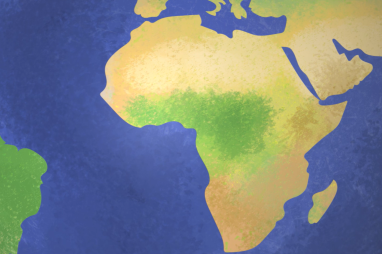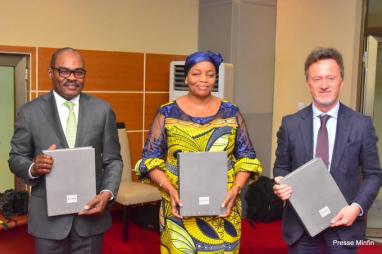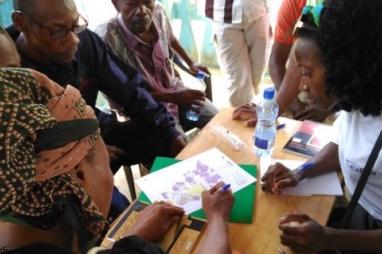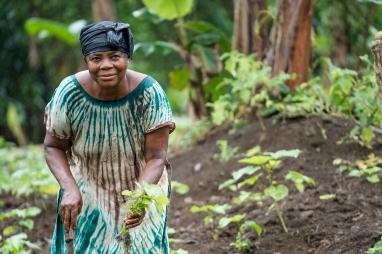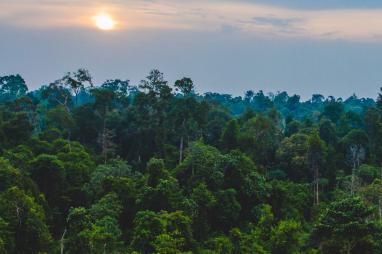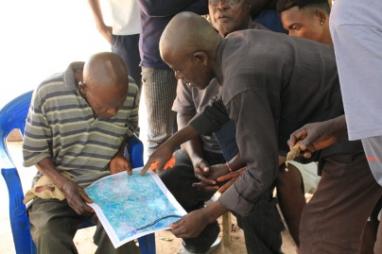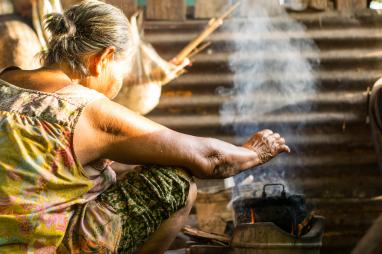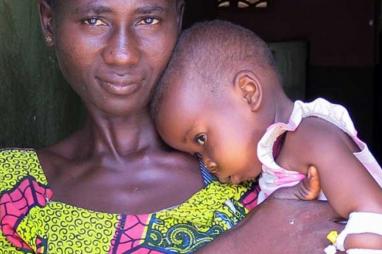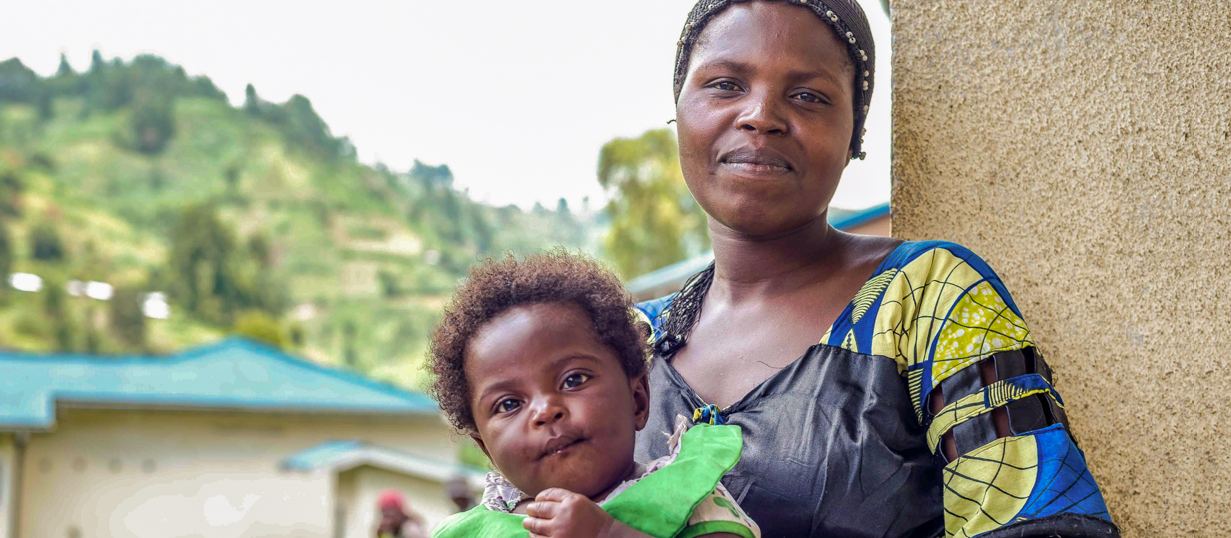
Including gender equality considerations in CAFI programming builds on a human right-based approach to development. Moreover, engaging and involving women and other vulnerable groups in efforts to reduce forest loss is essential for long-term results and change to current trends, due to their unique knowledge and the key role they play in involved sectors.
CAFI encourages gender mainstreaming in the projects it approves, and monitors its effectiveness. CAFI performs annual assessment of how gender considerations are reflected in the context analysis, budgeting, implementation and results frameworks of the programmes it funds. Such assessments are made public each year in CAFI's Annual reports.
To up its level of ambition, the CAFI Executive Board has set clear targets to increase each year the number of funded projects assessed as fully gender-responsive, and to avoid gender-blind projects. Newly adopted templates - as part of the CAFI Manual of Operations - to develop programmes and report information will also guide and incentivize implementing agencies and strengthens the Fund’s capacity to monitor and evaluate progress and shortcomings.
Collecting and analyzing this type of data sends a clear message that gender considerations are not only prerequisites for funding, but also essential to ensure long-term results and sustainable impact of CAFI’s investments.
Some (non-exhaustive) examples of good practices include:
- The DRC Support to Civil Society Programme mobilizes gender expertise to evaluate how the implementation of the REDD+ strategy affects women, men, young people, and indigenous peoples differentially, a necessary first step to inform what socio-economic activities could be put in place.
- The Project to support the DRC land tenure reform has ensured that gender aspects were addressed during the large consultation process that led to the Policy and draft Land Law, and analysed successives drafts from a gender perspective. As a result, the draft Land Law clearly forbids any discrimination against women related to access to community lands and mandates that "local tenure charters" determine rules related to the promotion of the rights of women, youth and indigenous peoples to participate in decision-making.
- The Multisectorial Project of Mai Ndombe province is implementing a Gender-Based Violence (GBV) action plan worth 95,000 USD, starting with the mapping of GBV services in the province.
- The steering committees of the local development committees established through the Multi-sectorial project in Kwilu province must, by status, include 30% of women. All 700+ local development committees established by CAFI projects in the DRC have quotas for women participation.
- The multisectorial project in Mongala province has focused activities on supporting women growers specifically in the large consumption cities of Bumba, Lisala et Binga. Piloted by women, these activities also promote the consumption of their fresh produce, especially among children, to address malnutrition.
- The project to support the DRC National Family planning Strategy is entirely geared towards the improvement of women's health and their families through offering right-based access to modern contraceptive methods, reduce maternal and child mortality, improve access of young women to education. Services also targets men and boys.
- The Equatorial Guinea preparatory grant mobilized a gender expert and organized women-only discussion groups and workshops to collect and build on their unique knowledge when developing the country's National REDD+ Investment Plan.
CAFI’s commitment to gender equality and women’s empowerment is showing concrete results on the ground, demonstrating how CAFI investments are starting to positively impact the lives of women and their families. For example, in DRC, as part of the Multi-sectorial project in Equateur Province, 810 women who are part of 27 women's associations, were trained to produce an improved version of the traditional Central African cassava bread. This is giving them an advantage in terms of household income and life opportunities, as explained by Mrs. Béatrice BOLUMBU, President of the Women's Association of Bodjifi:
"Thanks to what we earn when we sell the improved cassava bread, we are now able to take our children to the hospital and send them to school. Before, we did not have the opportunity to save money, because the ordinary cassava bread we used to produce did not attract as many customers as today."

